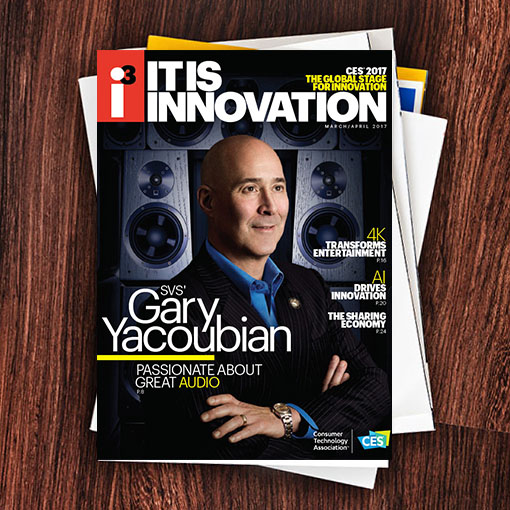Uber was the first U.S. company to bring self-driving cars to the public market through ridesharing. What influence will public opinion have on developing self-driving technology?
Our pilot in Pittsburgh was a big step forward, as real-world testing is critical to the success of self-driving technology. We continue to seek rider feedback on their experiences and are pleased with the Steel City’s positive reception to our vehicles. The promise of self-driving is core to our mission of reliable transportation, everywhere for everyone.
Uber-owned startup, Otto, recently made the first commercial delivery using a self-driving truck. How will self-driving trucks affect American consumers?
As this technology continues to advance, I believe we’ll see a lot of positive impacts for American consumers and drivers. The trucking industry has a very long tail of owner drivers, who work incredibly long hours and have little time to spend off the road. Otto is focused on automating highway driving which will help improve safety, make drivers more productive when they are on the road and ensure that they get more time off.
How will partnerships between ridesharing services and traditional automotive companies continue to innovate mobility?
We’re excited to work with companies like Volvo to pair our state-of-the-art selfdriving technology with its outstanding vehicle development and core safety capabilities. Uber has no intention of getting into the automobile manufacturing business and these partnerships will be essential to the success of self-driving.
How do you expect ridesharing and self-driving technology to integrate? Do you expect to see transportation services become part of the sharing economy? (i.e., No private vehicle ownership, shared cars, etc.)
Uber can help extend the reach of public transportation by picking passengers up where trains or buses drop them off, all at no extra cost to the taxpayer. In outer London, nearly 30 percent of Uber rides end within 200 meters of a tube or train station during the morning rush hour.
We’ve also seen how Uber increases mobility for everyone, particularly for people living in underserved areas. Take Manhattan, where 35 percent of all Uber pickups happen outside of the borough, compared to just six percent by traditional yellow taxis. In most parts of the world, ridesharing has already made it easier for people to get around without getting behind the wheel. UberPOOL now accounts for 20 percent of trips in the 32 cities where the service is currently offered. And by getting more people into fewer cars, we can reduce congestion and pollution in our cities.
The opportunity to use cars as a force for positive change increases as self-driving cars become a reality. Self-driving technology holds tremendous potential to improve road safety. Today, 1.3 million people around the world die in car accidents every year with 94 percent of those accidents involving human error. This is a tragedy technology can help solve. This technology could also free up the 20 percent of space in cities currently used to park the world’s billion plus cars. Creating a viable alternative to individual car ownership, which self-driving Ubers will be, is vital to the future of cities.

i3, the flagship magazine from the Consumer Technology Association (CTA)®, focuses on innovation in technology, policy and business as well as the entrepreneurs, industry leaders and startups that grow the consumer technology industry. Subscriptions to i3 are available free to qualified participants in the consumer electronics industry.